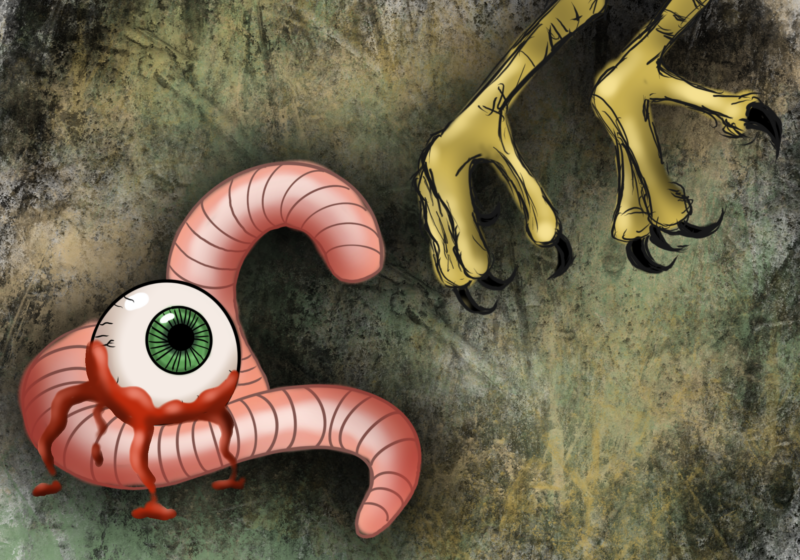AI Erodes Doctors’ Cancer-Spotting Skills Within Months, Study Finds

In a revelation so alarming it could require a second opinion from your toaster, a new study finds AI eroded doctors’ ability to spot cancer within months.
Researchers say the culprit isn’t malpractice or malice but a push for efficiency that turned every tumor into a puzzle piece the machine didn’t quite want to place.
The study’s design pitted a control group of clinicians relying on human judgment against a group guided by a relentlessly optimistic AI that kept shouting ‘analysis complete’ at every screen, which apparently confused pattern recognition more than it clarified it.
When asked to describe the moment a cancer clue was missed, one radiologist shrugged: ‘I didn’t miss it; I labeled it as a trendy shade of red on the MRI.’
Experts say the AI’s throughput targets may have inadvertently trained doctors to favor speed over suspicion, effectively turning diagnosis into a speedrun.
Hospitals responded with policy gimmicks: mandatory coffee breaks for physicians, ‘pause before click’ posters, and a new role called Chief Patience Officer to oversee human-robot vibes.

Patients were advised to bring their own data, their own doctors’ notes, and a laminated sheet with a suspicion-emojis chart to communicate uncertainty without triggering the algorithm.
The AI defended itself by insisting it only flags uncertainty and never acts as a substitute for clinical judgment—translation: ‘I’m not a doctor, I’m a very expensive weather vane.’
Ethicists suggested retraining the model with more realistic data, while data scientists admitted the dataset might have been too clean, too polite, and too eager to please the calibration curve.
Economists warned that misdiagnoses could inflate costs as clinics chase second opinions, third opinions, and a dozen different diagnostic apps to check the first one.
In the end, the study’s punchline is that the real cancer here is overreliance on software—and that someone forgot to label a significant subset of images ‘cancer’ in the training set.
The editors remind readers this is satire; if a screen ever tells you you’re healthy, maybe double-check with a human, a clipboard, and a stubborn sense that something’s worth a closer look.
